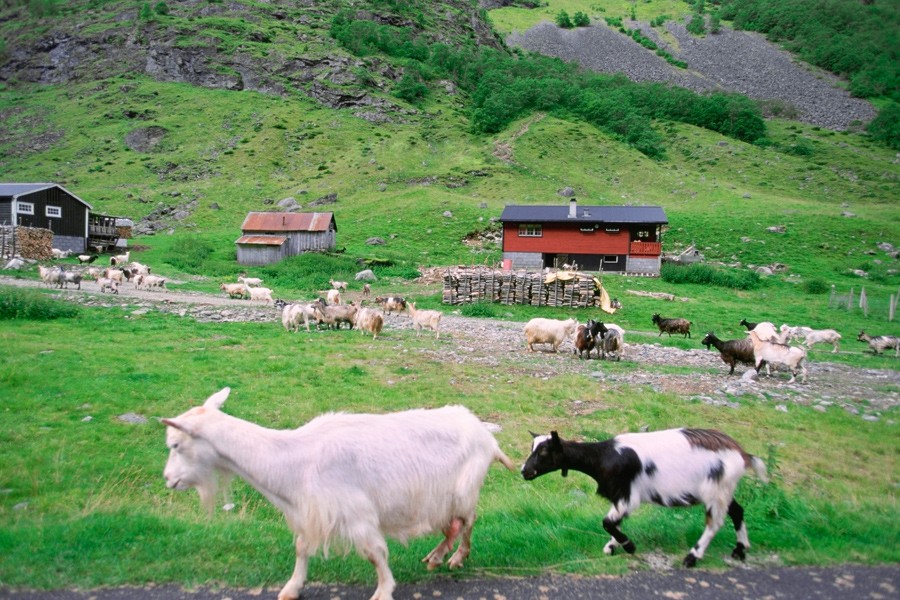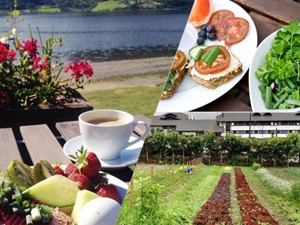Tourism is becoming one of the main engines of economy, making a big impact in all societies and countries. Because of that, the United Nations 70th Assembly has designated 2017 as the International Year of Sustainable Tourism for Development. Using tourism as a main promoting key, they want to raise awareness about the impact of tourism on nature and on communities. UN‘s aim this year is to promote tourism as a tool to increase inclusive and sustainable economic growth for countries. It is also critical for social inclusiveness, employment and poverty reduction, especially for developing countries.
We can fight climate change as travellers, being conscious about the footprint we leave behind. Going from one country to another, travelling makes you realise about cultural diversity and cultural heritage and values that we all share. It helps us learn mutual understanding, peace and security.
As a non-profit organisation, Hostelling International has been practising sustainable tourism for almost 100 years. In 1932, the organisation already defined its strategy for promoting green thinking among its guests.
“Since I started to work for HI Hostels I realized that we have already defined very well our sustainable police many years ago. 2017 will give us a perfect opportunity to contribute and support what Hostelling means”, says Brianda López, Sustainability Manager at HI Hostels main office in London.
HI Norway has already been working on many green and environmental projects. “We are looking forward to the 2017 UN International Year for Sustainable Tourism”, says Ragna Skøien, Sustainability Coordinator at Hostelling International Norway.
We have created a top 5 list of hostels in Norway which are working on sustainable projects.
[vc_accordion]
[vc_accordion_tab title=”Voss: Eco Breakfast” icon=””]
Located in the town of Voss in Western Norway, Voss HI Hostel offers a variety of outdoor activities as well as a large ecological breakfast buffet.
They provide the guests with the vegetables and products from their own garden.
[/vc_accordion_tab]
[vc_accordion_tab title=”Lillehammer: promoting local products” icon=””]
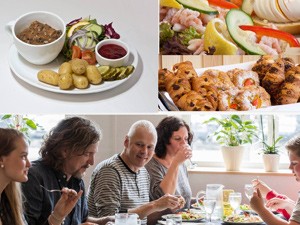
Lillehammer HI Hostel is the perfect example of responsibility and commitment with local producers and artists. Most of the food that they offer to their guests is based on local products (bakery, bread, vegetables…). But not only. Local craftsmen and artists have contributed to the decoration of the interior.
[/vc_accordion_tab]
[vc_accordion_tab title=”Mjølfjell: produce their own electricity” icon=””]
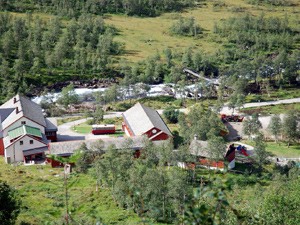
Situated high in mountains, Mjølfjell HI Hostel was in the past the main power station for the people living in the area. Nowadays, this hostel keeps on producing its own electricity and they even offer its own outdoor (heated) pool!
[/vc_accordion_tab]
[vc_accordion_tab title=”Flåm: sheep and goats for grazing!” icon=””]
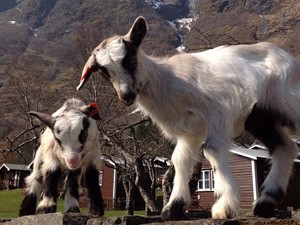
What a better way to get your grass cut that using the animals. That’s what Flåm HI Hostel has been doing for many years and it helps them to keep the surfaces maintained and keep the guests entertained by the animals.
[/vc_accordion_tab]
[vc_accordion_tab title=”Rauland: folk tradition courses” icon=””]
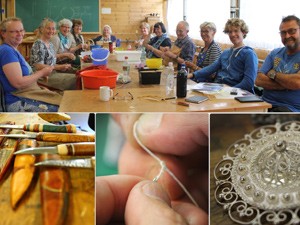
During the whole year, Rauland HI Hostel conducts workshops for those who are interested in Norwegian traditions, such as knitting, wood carving and jewelry making. If you want to learn about Norwegian craftwork traditions, this is the place to be!
[/vc_accordion_tab]
[/vc_accordion]
